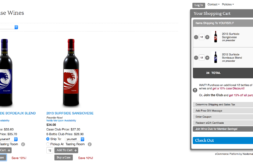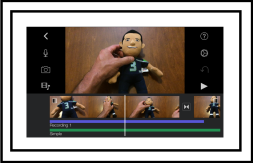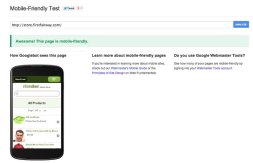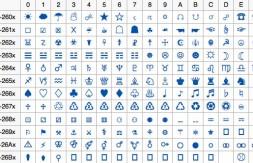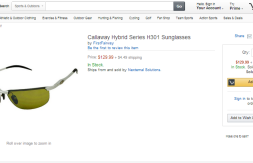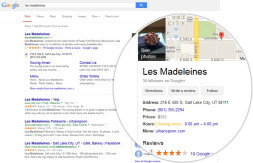Boost Organic Traffic with Optimized Title Tags and Meta Descriptions
It is widely believed in the search engine optimization community that the title tag is the most important on-page element for obtaining good search engine rankings. Despite this belief, it is amazing how many websites do not include title tags at all on their pages or use non-descriptive title tags such as TheirDomain.com or just the word “Homepage”. Although not thought to be as important, the meta description also plays in important role in obtaining organic traffic. Not surprisingly, many websites fail to include meta descriptions on many or all of their pages.
Loading up the title tag on a web page with relevant keywords and phrases will help that page rank better in the search engine results pages when someone queries those words and phrases. It is also important to keep in mind that most search engines display the title tag in their results as the linkable element. Most search engines will bold keywords in the title if those keywords are used in the active query. This draws the user’s attention to those listings and further increases the chances of a click through.
Before you add every keyword related to your industry into your title tags, you should know that Google will currently only display up to 66 characters in their listings and Yahoo 120 (note: these numbers can change at any time). Also, if the title looks spam to you, it probably also looks like spam to the search engine. If you limit your title tag to less than 120 characters and keep the keyword relevant with the content of the page, it is unlikely that you will have any page penalization problems. Also, consider putting your most important keywords near the beginning of the title tag. As an online retailer, this means putting the brand or manufacturer of the product that you are selling as one of the first keywords in your product detail title tag. Brands are widely searched and ranking well for them can be a boon. Finally, as another best practice, make sure each page on your site has a unique title.
Meta Descriptions are often, but not always used under the linkable portion in the search engine results pages. As with the title tag, it’s a good idea to include many relevant keywords in the description as those are also often bolded by the search engines. Putting compelling copy in your meta descriptions can also increase the likelihood that your result will be clicked. As with title tags, make sure every page on your site has a unique description.
Title tags and meta descriptions are often overlooked because they don’t display in the content area of the browser. Although they are just one piece of a well optimized page, taking the time to add them can have a profound impact on the amount of organic traffic you receive from search engines!



